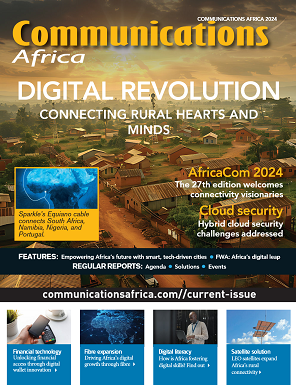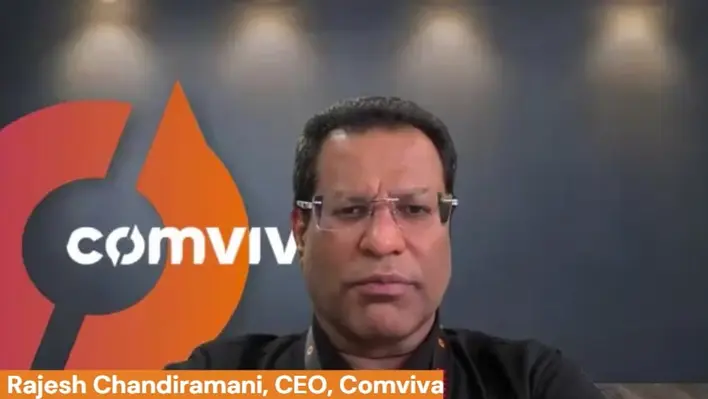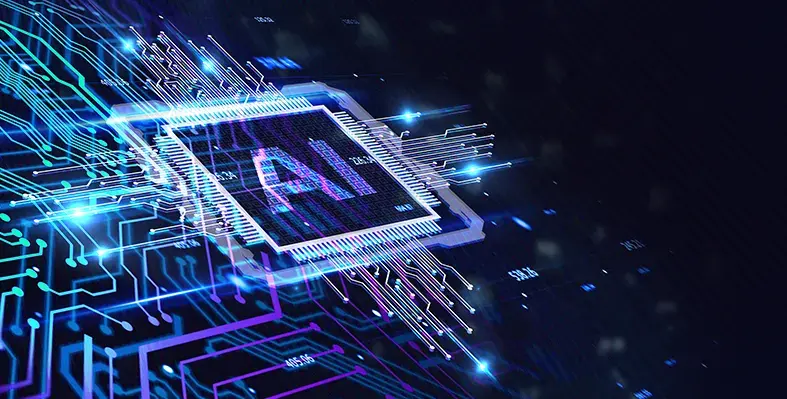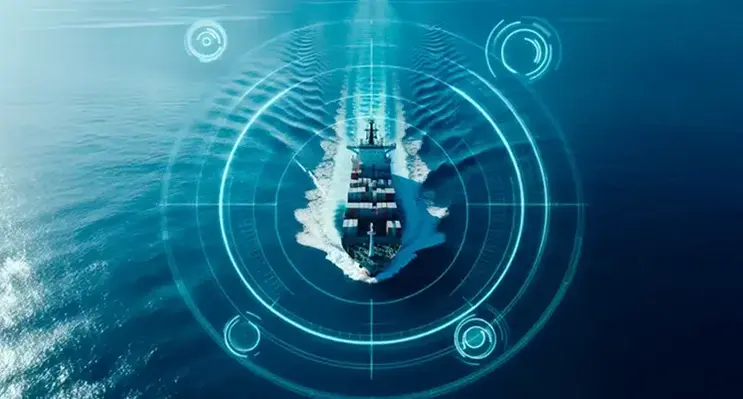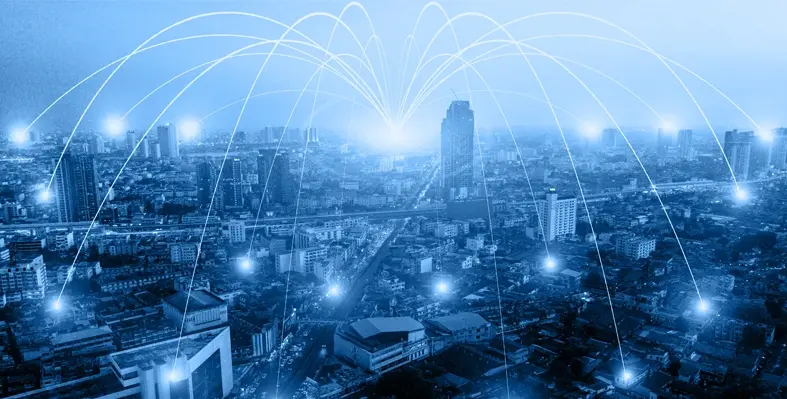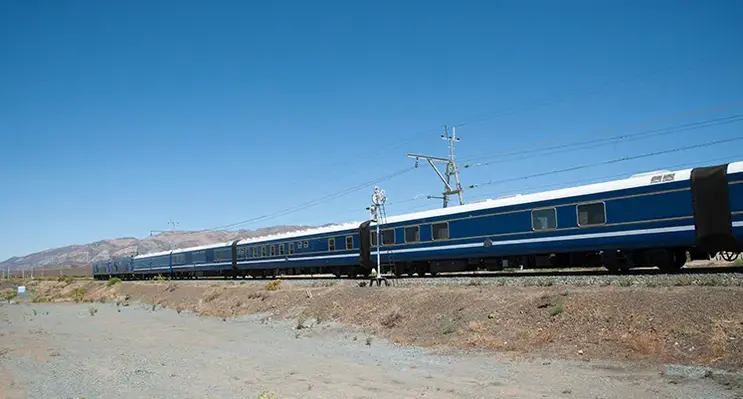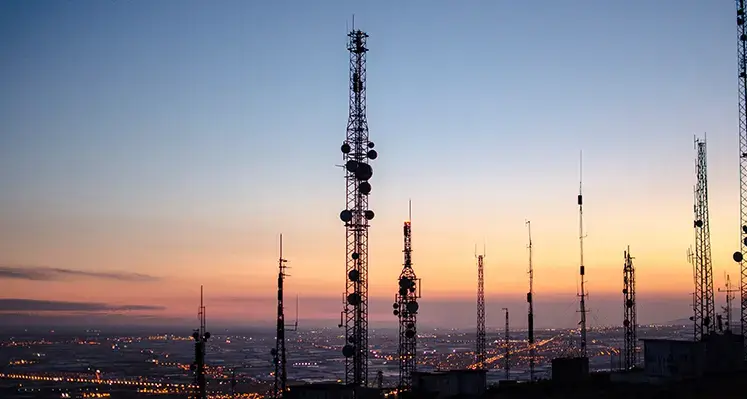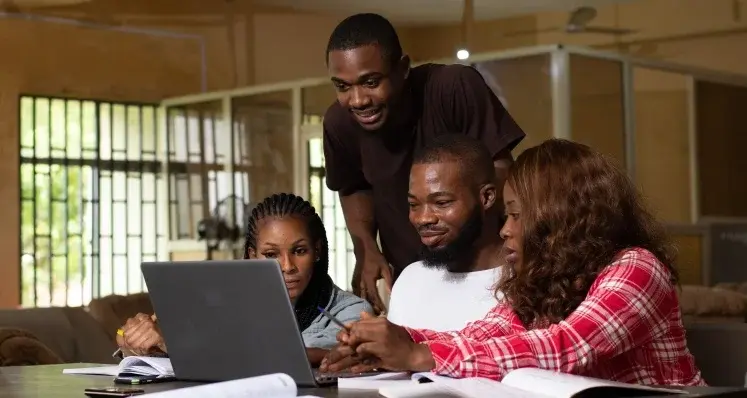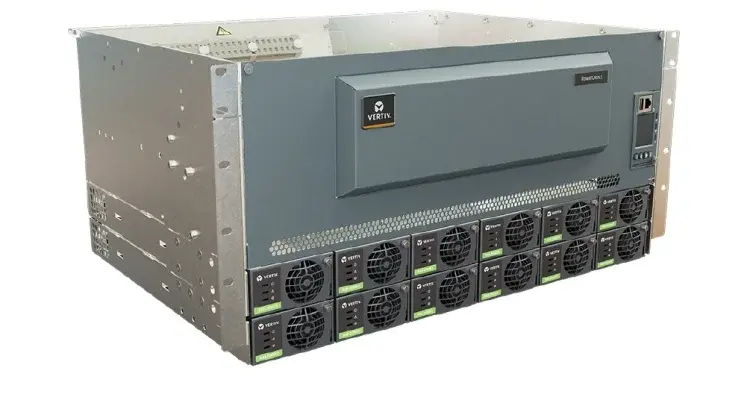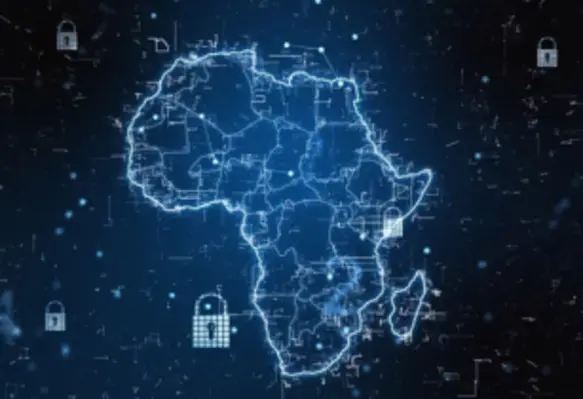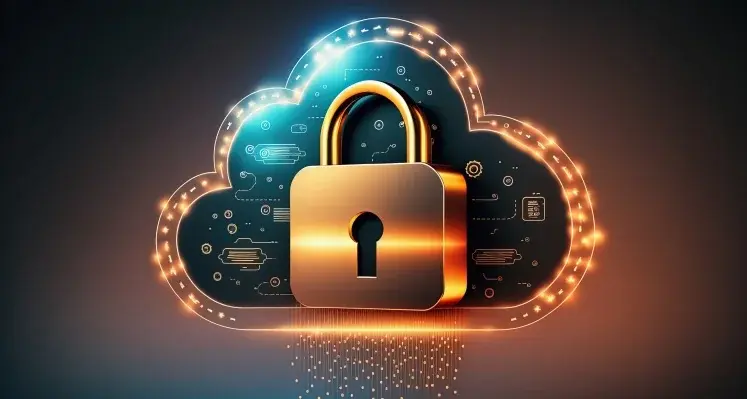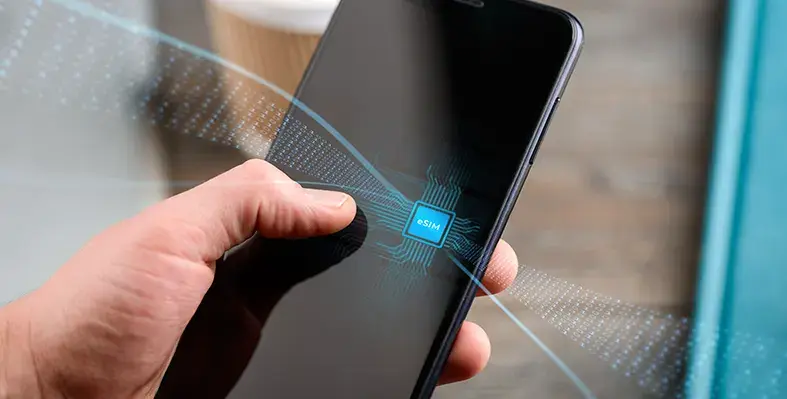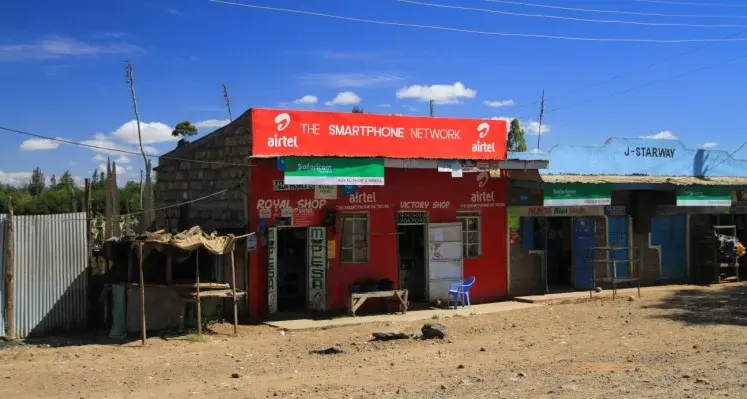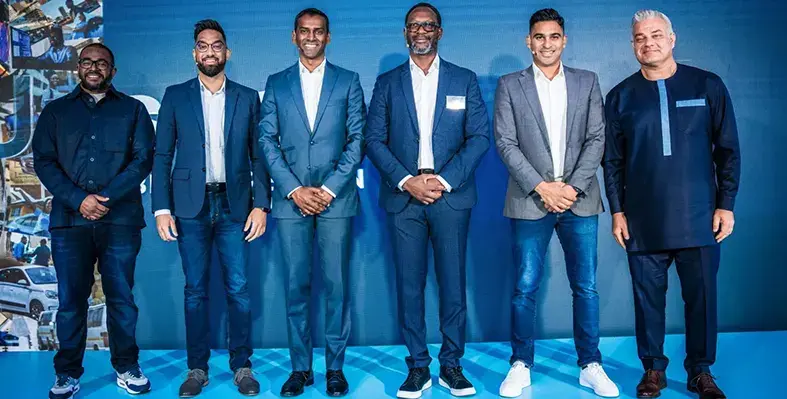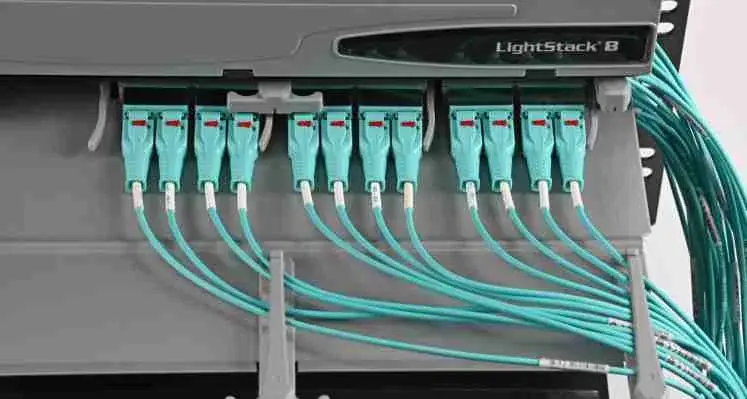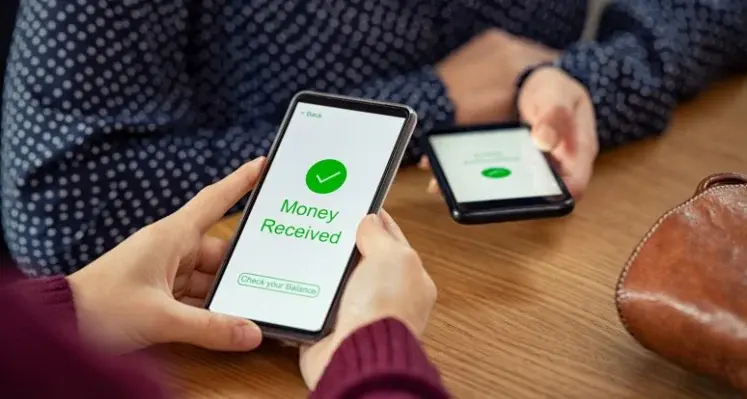SES and Africa Mobile Network (AMN) have significantly strengthened digital infrastructure in the Democratic Republic of Congo (DRC), extending support to more than 1,100 base stations and expanding population coverage by 27%
This growth is bringing mobile services within reach of millions more people, particularly in rural and underserved areas.
The expansion reflects strong demand for reliable connectivity as efforts to bring rural DRC online accelerate. For SES and AMN, the figures represent more than statistical progress. They mark the first-time access to mobile services for millions of individuals.
As part of the collaboration, AMN deployed 292 additional mobile base stations nationwide using satellite capacity from SES. These installations are delivering essential telecommunications services to over 5.8 million people.
Remarkably, the new sites were rolled out in just 90 days, though the statistics alone do not fully capture the scale of the accomplishment.
“Building nearly 300 sites in just three months, under some of the toughest conditions imaginable, is an extraordinary achievement,” said Michael Darcy, CEO of Africa Mobile Network. “This is what happens when determination meets purpose. This is exactly why AMN exists: to connect even the most remote communities sustainably, reliably, and at scale.”
At the core of AMN’s vision is the conviction that connectivity should be universally accessible.
Deployment teams often worked in extremely challenging environments, navigating impassable routes and manually transporting equipment across long distances when vehicles could go no further. Despite harsh and exhausting conditions, the teams succeeded in delivering mobile services to an additional 1.3 million people across remote communities in the DRC.
AMN maintains that it can deliver mobile connectivity to any community of more than 1,000 residents worldwide. Its partnership with SES is central to achieving this ambition. With fully solar-powered sites and VSAT backhaul, installations can operate independently of grid power and existing telecom infrastructure, enabling deployment even in the most isolated regions.
However, this autonomy comes with logistical complexities. Installation crews frequently travel to areas with no fibre access, electricity, or prior mobile coverage. In many cases, AMN engineers are the first to physically open access routes into disconnected regions while simultaneously working to eliminate digital isolation.
Technological innovation remains fundamental to AMN’s approach. The company developed the AMN Radio Node (ARN), a multi-technology platform allowing several carriers to operate from a single unit. The solution supports 2G, 3G, 4G and future 5G technologies without requiring additional capital investment or increased power usage. By designing and manufacturing the ARN internally, AMN has achieved high performance and energy efficiency while lowering deployment costs.
“Connecting to SES’ multi-orbit satellite network offers a multi-orbit constellation (GEO, MEO AND LEO) providing data connectivity services to over 1 billion people worldwide. This includes some of the most remote, unreachable parts of the globe. It is encouraging and inspiring to see how digital transformation profoundly reshaped daily life across the DRC has,” said Jean-Philippe Gillet, President of Fixed Data at SES.
Local communities are already experiencing tangible improvements.
“Before the installation, we had to travel across difficult terrain for about 30 km to seek medical help, make a call or to complete a simple bank transaction. Today thanks to AMN this has been replaced with a clear connection, providing our community with crystal clear connectivity and the ability to seamlessly manage our finances from the palm of our hand,” explained a local resident in Bompensole, a village connected in November 2025.
Reliable connectivity is also driving socio-economic transformation. Entrepreneurs can now access real-time market information and expand their businesses. Students are using digital tools to enhance learning outcomes, while healthcare providers can consult external specialists remotely, improving diagnostic accuracy and patient care across rural communities.











